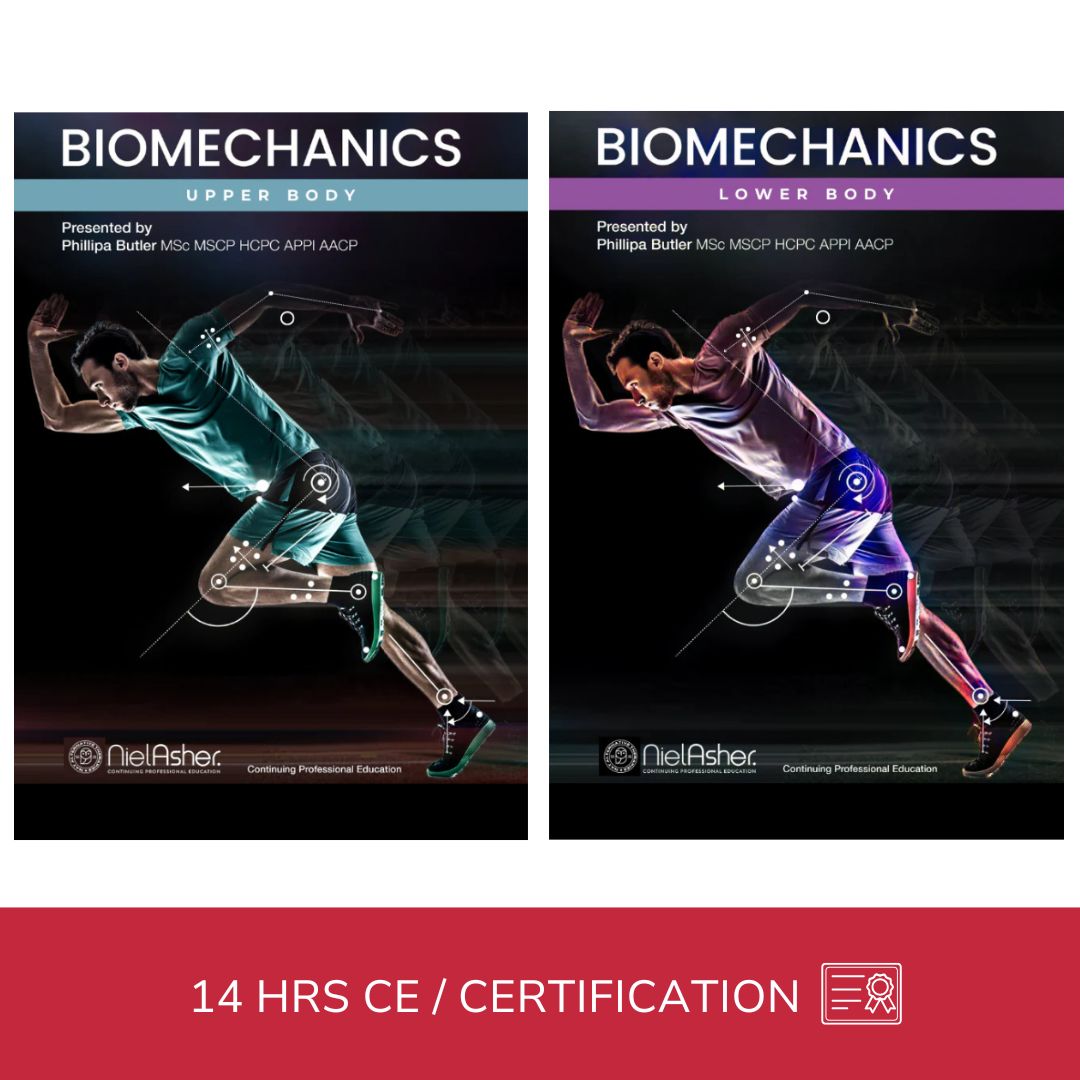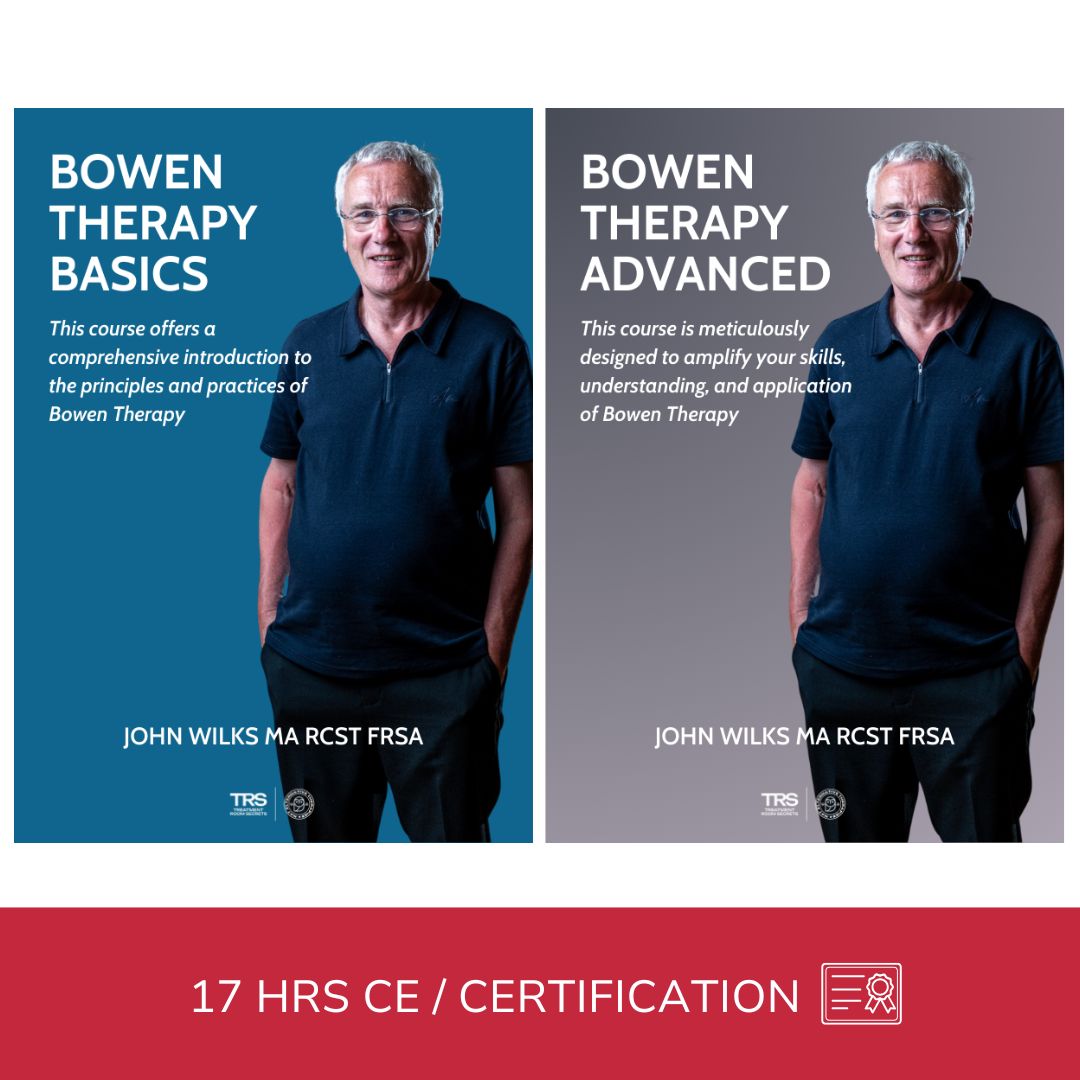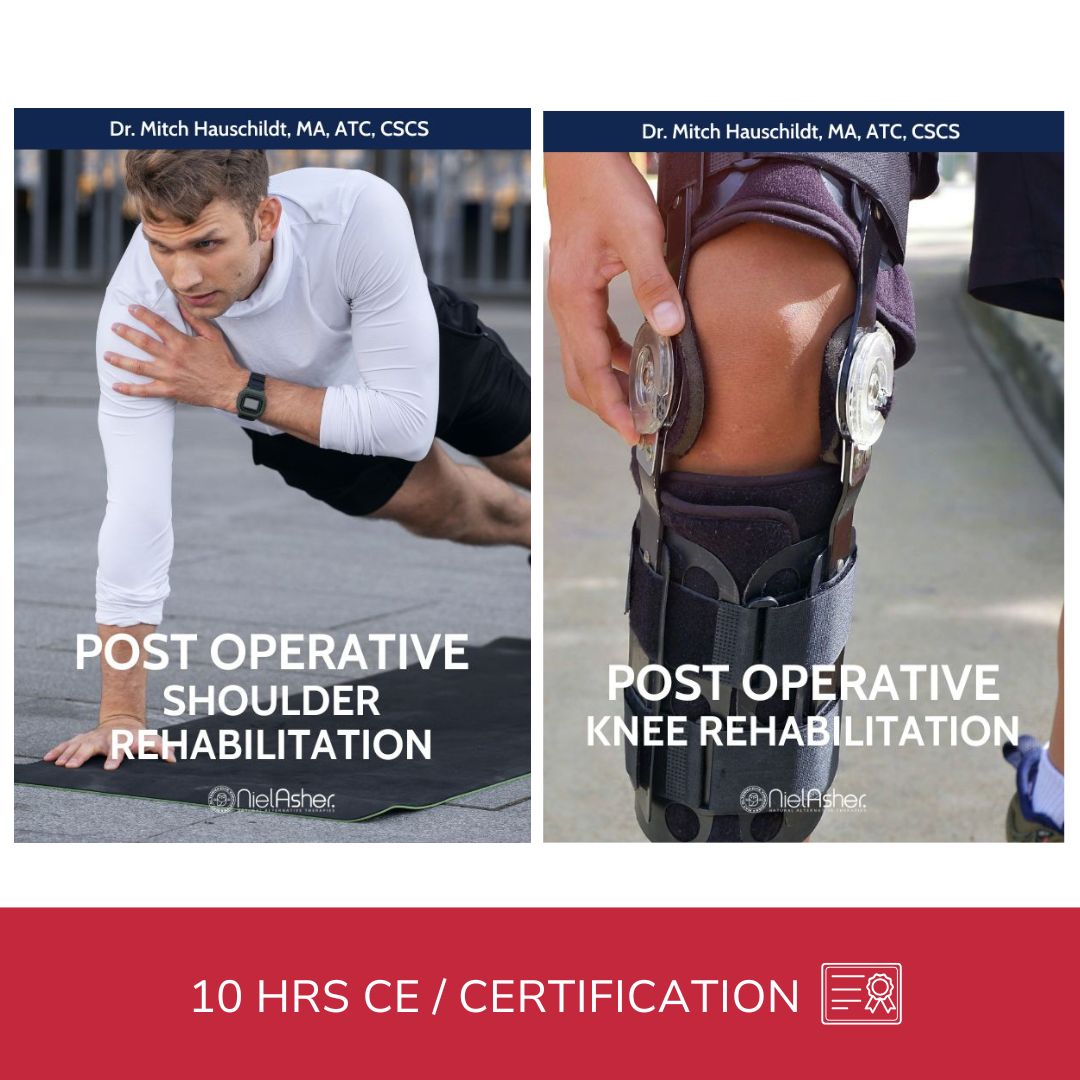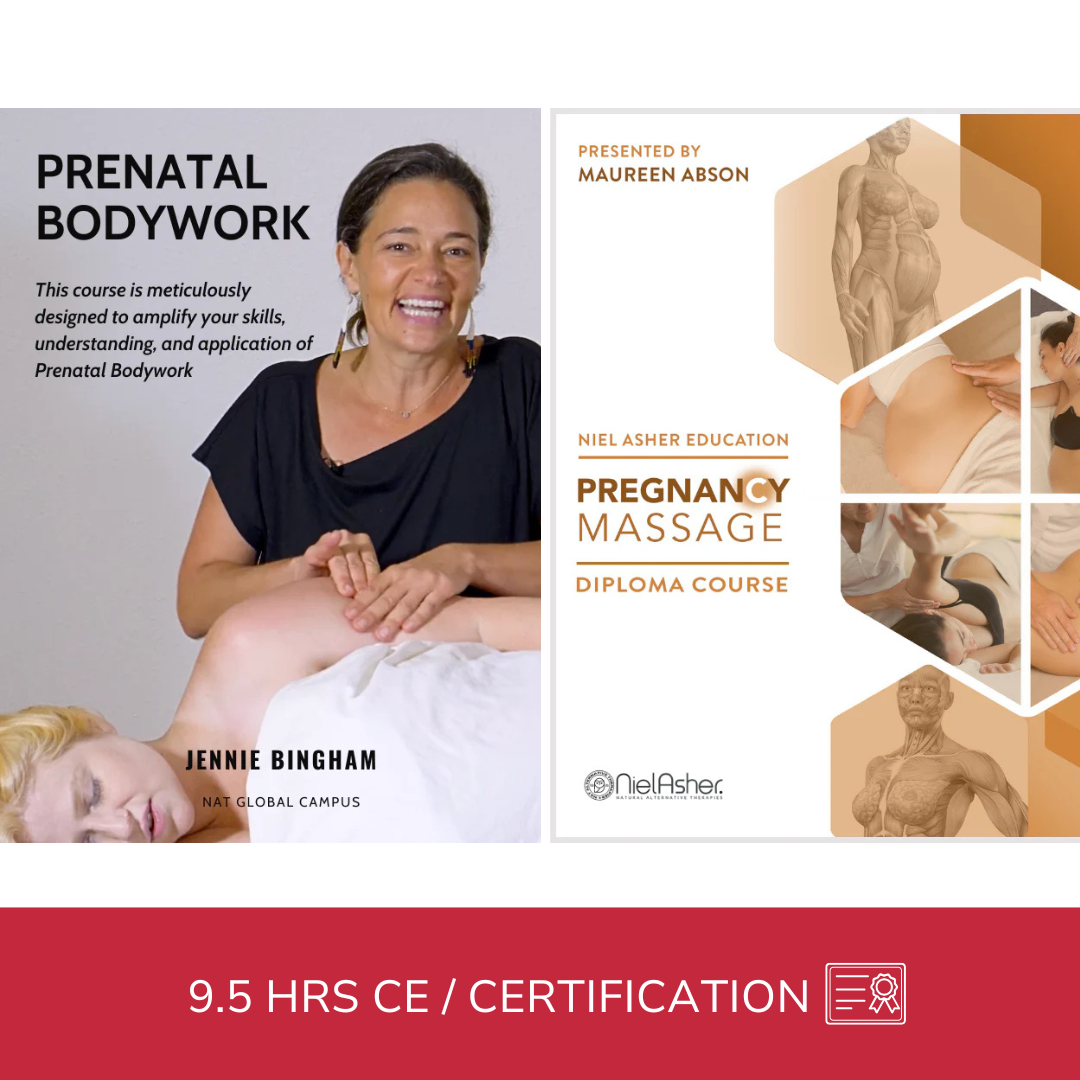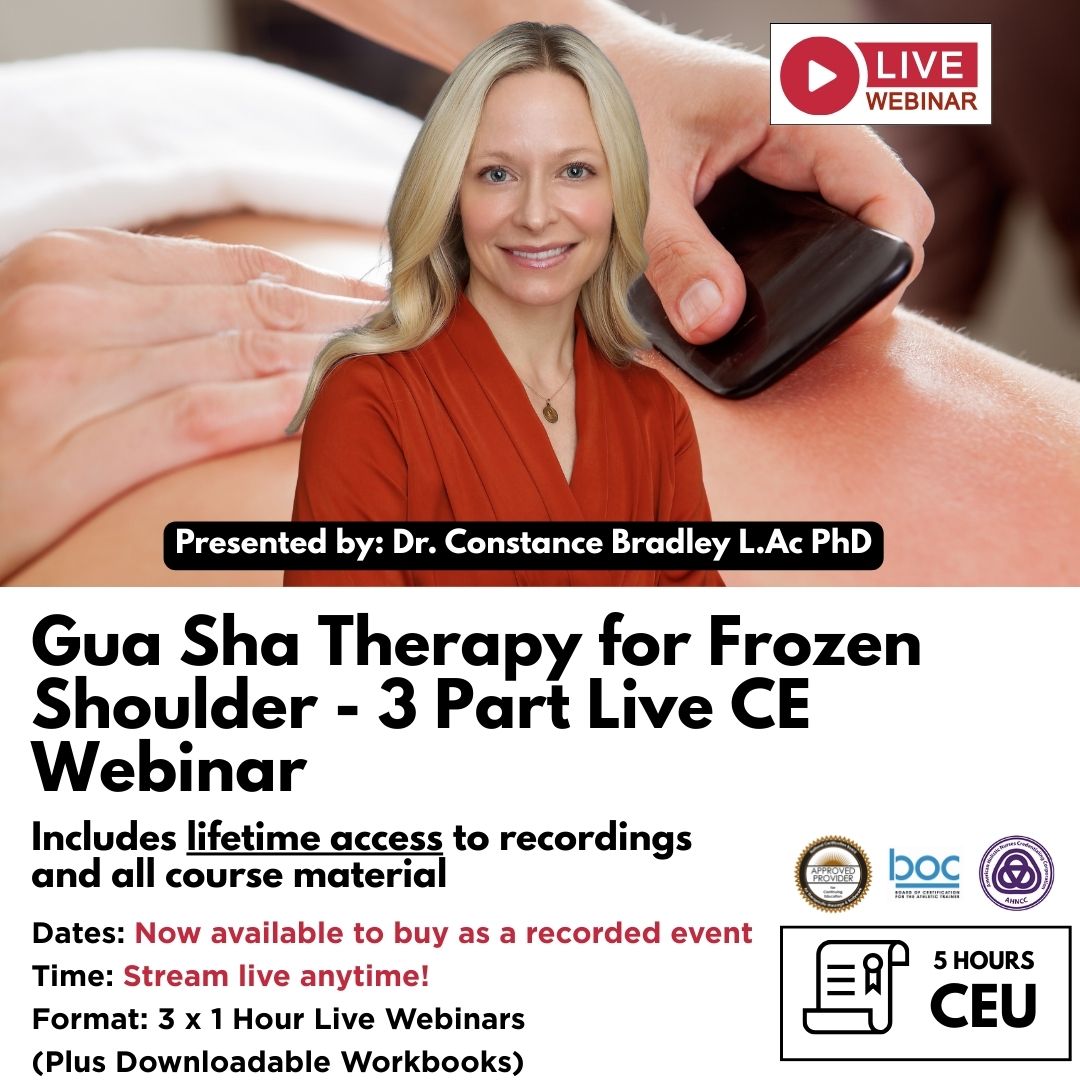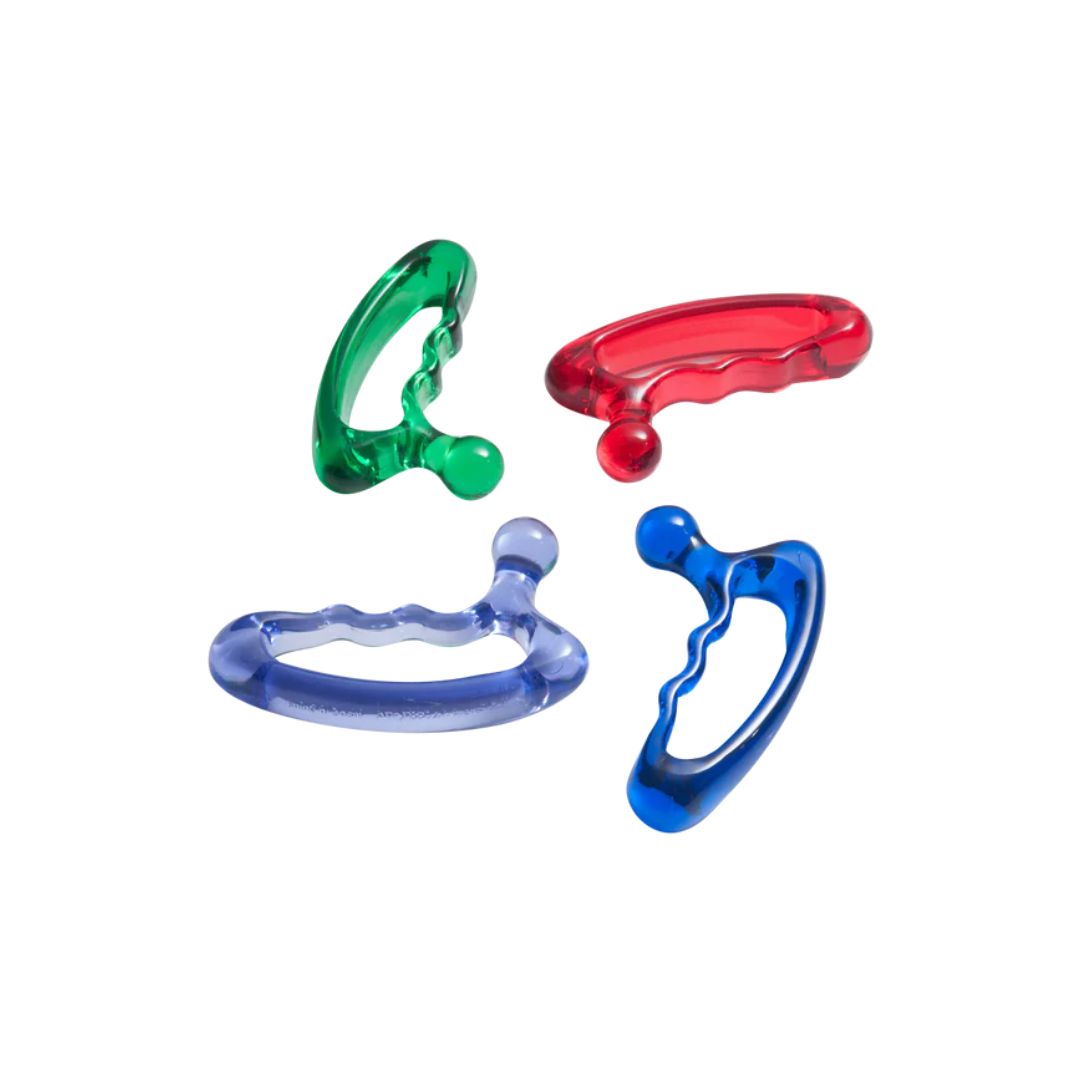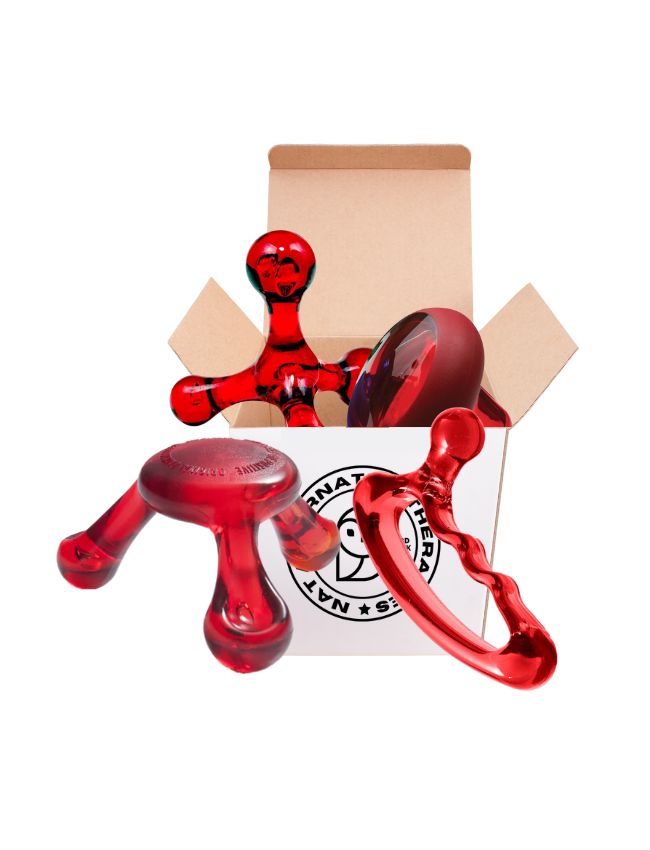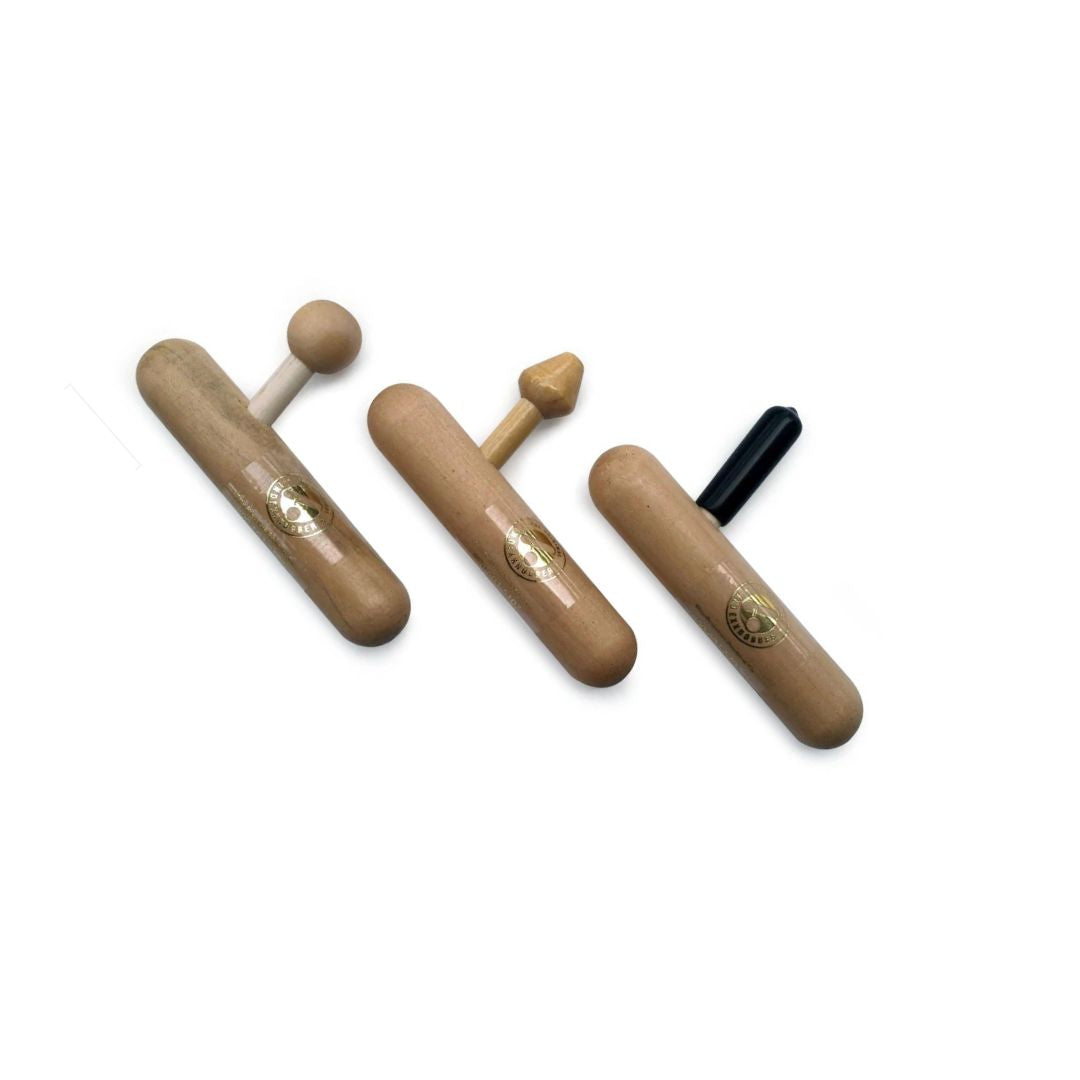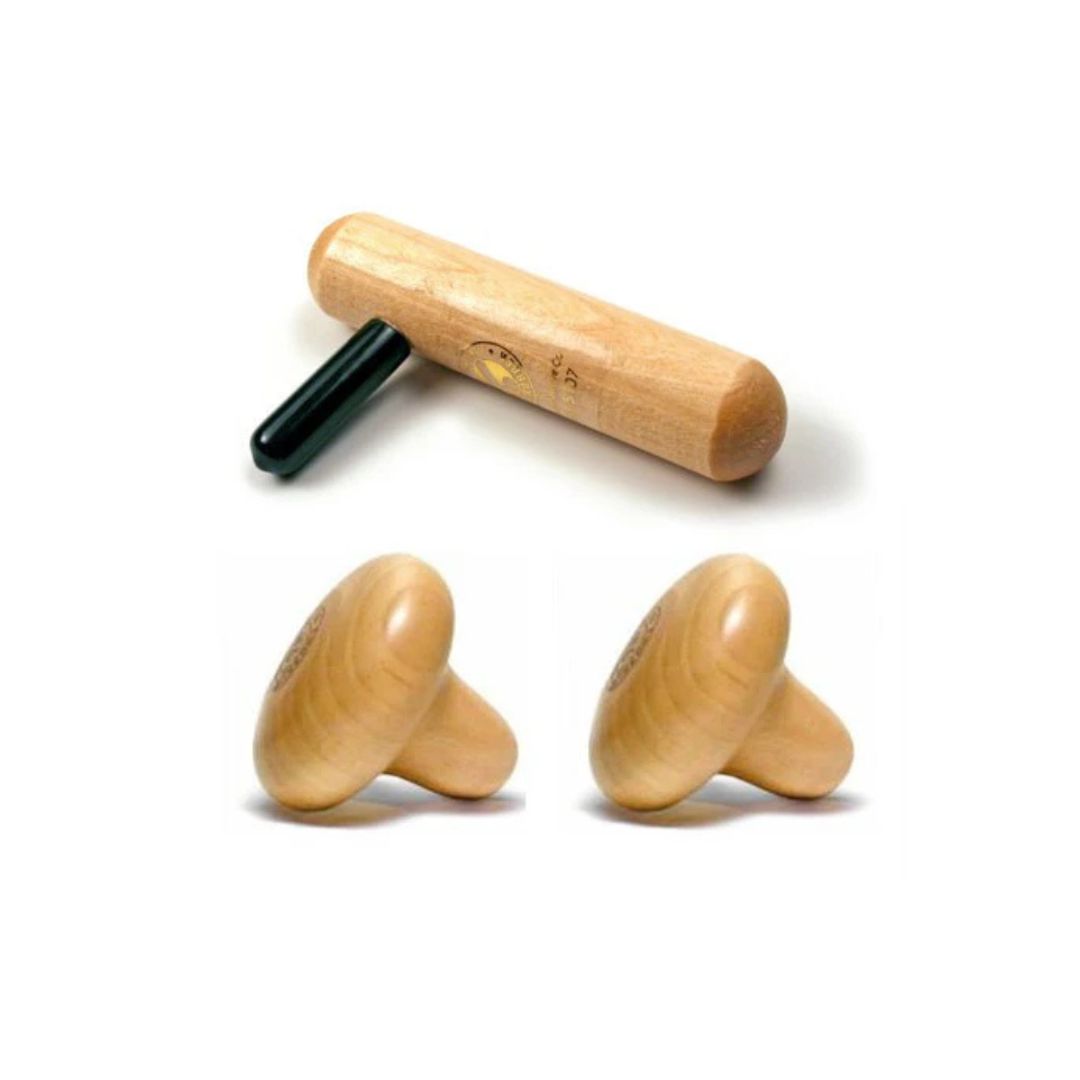Sacrum | SI Joint Massage Treatment - Sciatica
Sciatica typically occurs when the sciatic nerve is compressed by a herniated disk or bone spur, but releasing muscle tension can often bring relief
The sciatic nerve is the largest nerve in the body, beginning at the lower back, and running through the hips and buttocks down to each leg.
In most cases, sciatica affects only one side of the body.
Sciatica is a symptom of an underlying medical condition, such as a lumbar herniated disc, degenerative disc disease, or spinal stenosis.
It is not a medical condition in and of itself.
Treating Sciatic Pain
Sciatica most often occurs when the sciatic nerve is compressed by a herniated disk or bone spur.
This causes inflammation, pain, and sometimes numbness in the affected side.
Some cases of sciatic pain can also be due to an irritation of the sciatic nerve during pregnancy.
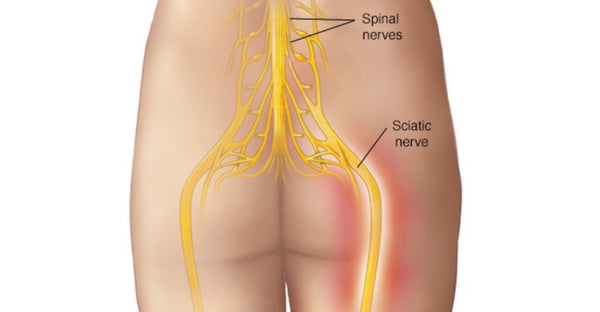
Sciatica is characterized by pain that radiates along the path of the sciatic nerve
Sacrum and SI Joint Massage Treatment
How does massage help with sciatica?
It is accepted that massage therapies are effective to relieve pain. Numerous studies have asserted and confirmed that what we generally know and refer to as deep tissue massage may be just as effective as (nonsteroidal) anti-inflammatory medicines for relieving pain caused by many common musculoskeletal conditions.
There are two basic ways in which massage is considered to help with sciatica. The first of these is by helping to release tension in muscles which might themselves be putting undue pressure on nerves. This could be the sciatic nerve and often a massage therapist will release tension which can have wonderful outcomes.
The second way that massage may also help, especially in chronic cases is by helping to increase the clients threshold of pain and thereby make assist pain management. This is achieved through soft tissue massage by stimulating the release of endorphins which we are there to boost pleasure and relieve pain, and just making us feel better and more relaxed in ourselves. These are the same endorphins that are also released during eating, physical exercise, and sex.
Self Help - Stretching and Strengthening Exercises
The following exercises are often recommended as an aid to addressing tight muscles in the lower back and hip and can be useful for a home regime for those dealing with sciatica. Take extreme caution, proceed with extreme care and apply common sense. If you feel too much pain, stop immediately. Always check with a suitably qualified healthcare or fitness professional before starting any new exercise or stretching regime.
1. Sciatic mobilizing stretch

Start position
- Lie on your back
- Place a small flat cushion or book under your head
- Bend your knees and keep your feet straight and hip-width apart
- Keep your upper body relaxed and your chin gently tucked in
Action
- Bend one knee up towards your chest and grasp your hamstring with both hands below the knee
- Slowly straighten the knee while bringing your foot towards you
- Hold for 20-30 seconds, taking deep breaths
- Bend the knee and return to the starting position
Tips
- Don’t press your low back down into the floor as you stretch
- Only stretch as far as is comfortable, and stop immediately if you feel any pain, numbness or tingling Repeat two or three times, alternating legs, twice daily.
2. Alternating leg and arm raises (Superman)

Technique
- Lie on stomach, arms reached out past your head with palms and forehead on the floor
- Tighten abdominal muscles
- Lift one arm (as you raise your head and shoulders) and the opposite leg at the same time, stretching them away from each other
- Hold for 5 seconds and then switch sides.
- Repeat 5 - 10 times each side, twice daily
3. Peroneal stretch

Technique
- Sit in a chair with one ankle resting on the other knee
- With your hands, point the foot (plantarflex) and turn the sole of the foot upwards (invert)
- Hold for between 30-50 seconds 3 times each side, twice daily.
4. Lumbar spine mobilizations

Technique
- Lay down on all fours
- Place one hand behind the back
- While the opposite hand remains on the floor • Rotate the upper body (side that the arm is behind the back) with the elbow pointing to the sky as far as possible
- Return to start position
- Repeat 5-10 times each side, twice daily
5. McKenzie Extension

Technique
Start position:
- Lie on your stomach, and prop yourself on your elbows, lengthening your spine
- Keep your shoulders back and neck long
Action
- Keeping your neck long, arch your back up by pushing down on your hands
- You should feel a gentle stretch in the stomach muscles as you arch backwards
- Breathe and hold for 5 to 10 seconds
- Return to the starting position
- Repeat 3 times, twice daily
Links
About Niel Asher Education
Niel Asher Education (NAT Global Campus) is a globally recognised provider of high-quality professional learning for hands-on health and movement practitioners. Through an extensive catalogue of expert-led online courses, NAT delivers continuing education for massage therapists, supporting both newly qualified and highly experienced professionals with practical, clinically relevant training designed for real-world practice.
Beyond massage therapy, Niel Asher Education offers comprehensive continuing education for physical therapists, continuing education for athletic trainers, continuing education for chiropractors, and continuing education for rehabilitation professionals working across a wide range of clinical, sports, and wellness environments. Courses span manual therapy, movement, rehabilitation, pain management, integrative therapies, and practitioner self-care, with content presented by respected educators and clinicians from around the world.
Known for its high production values and practitioner-focused approach, Niel Asher Education emphasises clarity, practical application, and professional integrity. Its online learning model allows practitioners to study at their own pace while earning recognised certificates and maintaining ongoing professional development requirements, making continuing education accessible regardless of location or schedule.
Through partnerships with leading educational platforms and organisations worldwide, Niel Asher Education continues to expand access to trusted, high-quality continuing education for massage therapists, continuing education for physical therapists, continuing education for athletic trainers, continuing education for chiropractors, and continuing education for rehabilitation professionals, supporting lifelong learning and professional excellence across the global therapy community.
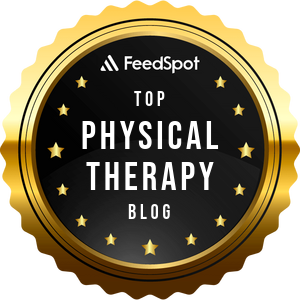
Continuing Professional Education
Looking for Massage Therapy CEUs, PT and ATC continuing education, chiropractic CE, or advanced manual therapy training? Explore our evidence-based online courses designed for hands-on professionals.




